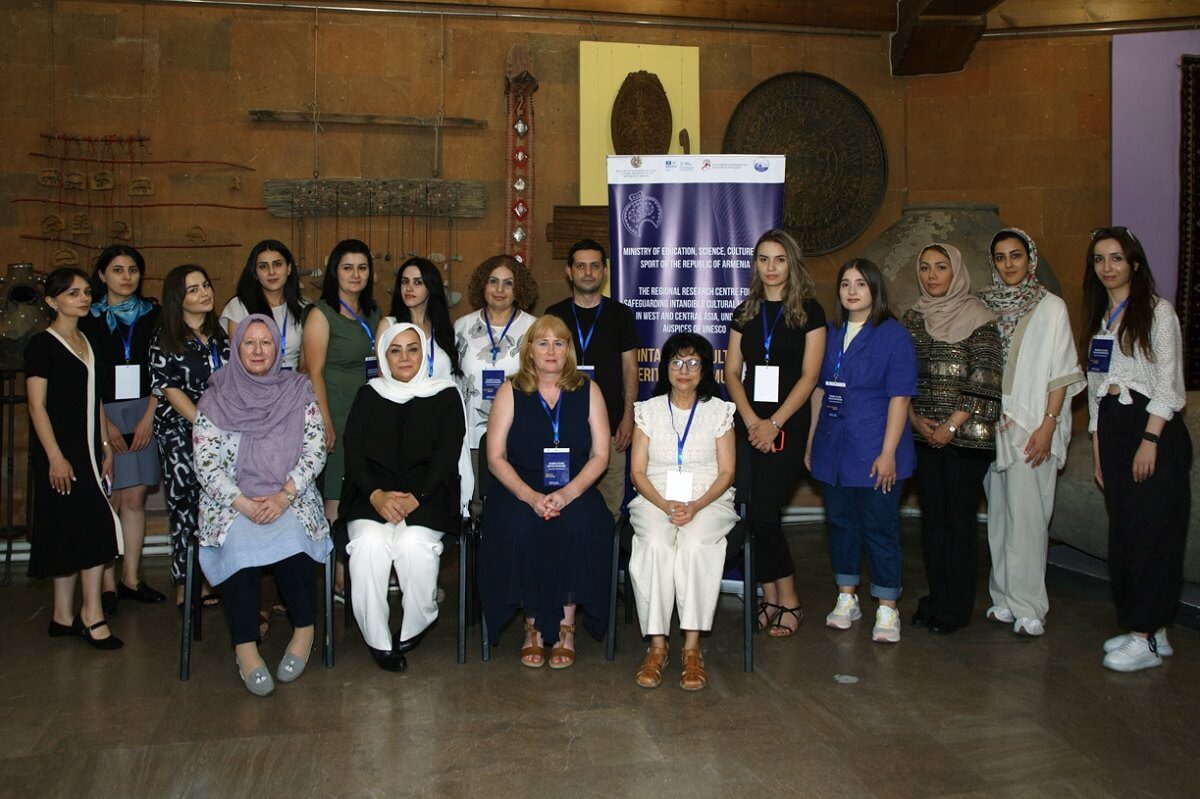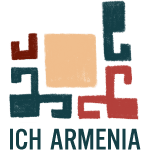
From September 12 to 14, a three-day training course on “Intangible Cultural Heritage and Museums” was held, organized by the Ministry of Education, Science, Culture, and Sports of the Republic of Armenia in cooperation with the Tehran Center for Regional Studies on Intangible Cultural Heritage of Western and Central Asia under the auspices of UNESCO.
Staff from various Armenian museums participated in the training, gaining new insights into the preservation of intangible cultural heritage, particularly with the involvement of local communities to maintain living heritage within museum environments. The course offered methodological guidance for professionals on the preservation, appreciation, transmission, and promotion of intangible cultural heritage in museums.
The course was opened with welcoming remarks from Astghik Marabyan, Head of the Department of Cultural Heritage of the Ministry of Education, Science, Culture and Sport of Armenia, Atousa Momeni, Director General of the Tehran Center, and Janet Blake, UNESCO international consultant and course trainer.
The training took place at the Hovhannes Sharambeyan Folk Arts Museum and the Yeghegnadzor Regional Museum, conducted by UNESCO experts Janet Blake and Joanna Orr. The course also included a virtual presentation by Rustam Muzaffarov, Deputy Chairman of the National Commission on Intangible Cultural Heritage of Kazakhstan, who shared Kazakhstan’s experience in safeguarding intangible cultural heritage in museums. Participants also learned about research outcomes from Lucimara Letelier, Deputy Director of the International Council of Museums (ICOM), based on her research in Brazil, with footage prepared specifically for the course. Additionally, there were workshops on carpet weaving and gata baking.
It is worth noting that Armenia, in collaboration with UNESCO’s Tehran Center, organized two international courses in 2017 and 2019 focused on preserving intangible cultural heritage within communities and preparing international applications. This current training represented another significant initiative within this ongoing cooperation aimed at furthering the field.


